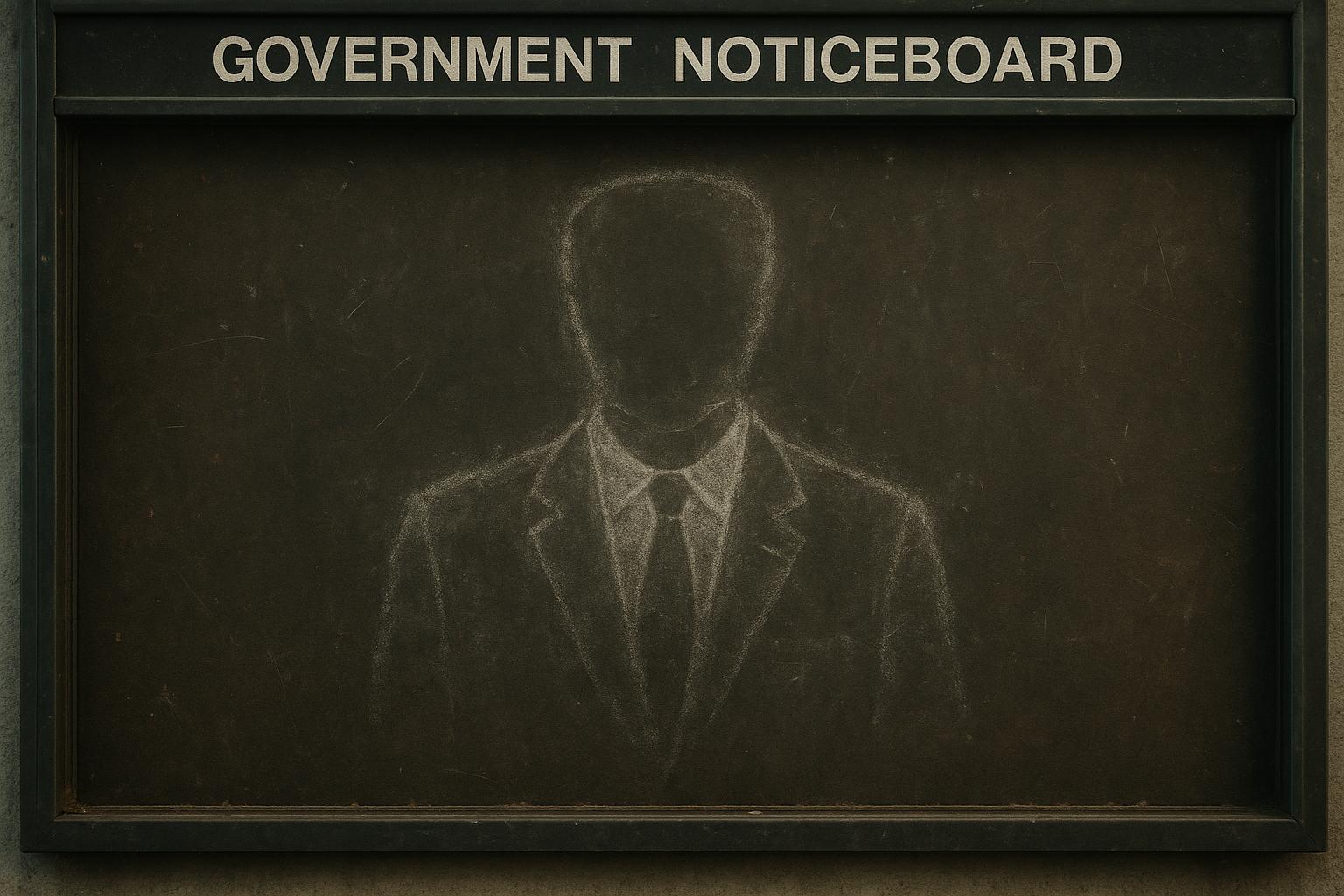The UK Government's Department for Business and Trade (DBT) has recently published a list naming 491 employers found to have underpaid staff over several years, with notable companies including British Gas owner Centrica, EG Group, and Holland & Barrett. Collectively, these firms face fines totaling £10.2 million for failing to comply with national minimum wage or national living wage regulations. Around 42,000 workers affected by underpayment have since been reimbursed, underscoring the scale of wage shortfalls uncovered by the latest investigation.
Among those falling short was EG Group, which owed more than £824,000 to over 3,300 workers. This equates to an average underpayment of roughly £250 per employee during the period scrutinized, which spans from 2018 to 2023. EG Group, globally known for operating nearly 6,000 petrol forecourts, has recently scaled down its UK footprint by selling key assets, including its petrol forecourts and Cooplands bakeries, although it maintains Starbucks franchise operations in the country.
Centrica, which owns energy supplier British Gas, featured prominently as well, with outstanding underpayments totaling about £168,000 to 356 workers, averaging around £460 per person. High street retailers Go Outdoors and Holland & Barrett were also among the companies failing to meet wage requirements, owing £240,106 to 2,058 staff and £153,079 to 2,551 employees respectively.
The national living wage has increased from £11.44 to £12.21 since April, with similar hikes for younger age groups and apprentices. Business Secretary Peter Kyle reaffirmed the Government’s commitment to ensuring workers receive fair pay, declaring that rogue employers who short-change staff will be rigorously targeted under the administration’s Plan to Make Work Pay.
Holland & Barrett issued a statement addressing their inclusion on the DBT's list, explaining that the underpayments stemmed from legacy practices dating from 2015 to 2021. These included unpaid time for required tasks such as wearing specific shoes, completing training at home, and shift preparations at their Burton distribution site. The retailer stated that all arrears, amounting to approximately £150,000 over six years, were fully repaid by 2022 and that internal processes were promptly updated to prevent recurrence. However, Holland & Barrett expressed disappointment about being named under the scheme years after the issue was resolved, although they acknowledged the value of transparency.
Centrica currently faces multifaceted scrutiny beyond wage underpayments. The company has recently been embroiled in controversy over aggressive debt collection practices, with reports of debt collectors forcibly entering customers’ homes to install prepayment gas meters. These actions, condemned by the UK Energy Minister and Prime Minister’s office, have led to an ongoing investigation by the energy regulator Ofgem. Furthermore, Centrica’s corporate governance has come under fire as proxy advisory firm Institutional Shareholder Services (ISS) recommended shareholders reject the remuneration report at the company’s latest annual general meeting. The recommendation centered on CEO Chris O’Shea’s nearly 29% salary increase to £1.1 million, a rise viewed as disproportionate compared to average staff pay increases. Despite a significant reduction in his total 2024 pay to £4.3 million due to lower bonuses, questions persist about executive compensation amid wider company challenges.
Chris O'Shea himself has publicly acknowledged the difficulty in justifying his multi-million-pound salary amid the economic hardships faced by many UK energy consumers, particularly during a period of escalating energy bills and widespread debt. He has previously declined bonuses during the Covid-19 pandemic and amid financial pressures on customers, aiming to show solidarity despite ongoing shareholder criticism.
Centrica's record of regulatory penalties extends beyond these recent issues. Since 2010, the company has incurred over £45 million in fines across 28 cases, covering consumer protection, competition law, employment, environmental, and safety violations. This history highlights enduring concerns about the company's adherence to legal and ethical standards while operating within the critical energy sector.
Together, these developments paint a complex picture of high-profile UK companies grappling with compliance failures and reputational challenges. The Government’s continued efforts to hold employers accountable for wage violations come alongside mounting public and regulatory pressure on firms like Centrica to improve their business practices and governance.
📌 Reference Map:
- Paragraph 1 – [1], [2]
- Paragraph 2 – [1], [2]
- Paragraph 3 – [1], [2]
- Paragraph 4 – [1], [2]
- Paragraph 5 – [1], [2]
- Paragraph 6 – [3], [5]
- Paragraph 7 – [4], [6], [7]
Source: Noah Wire Services
